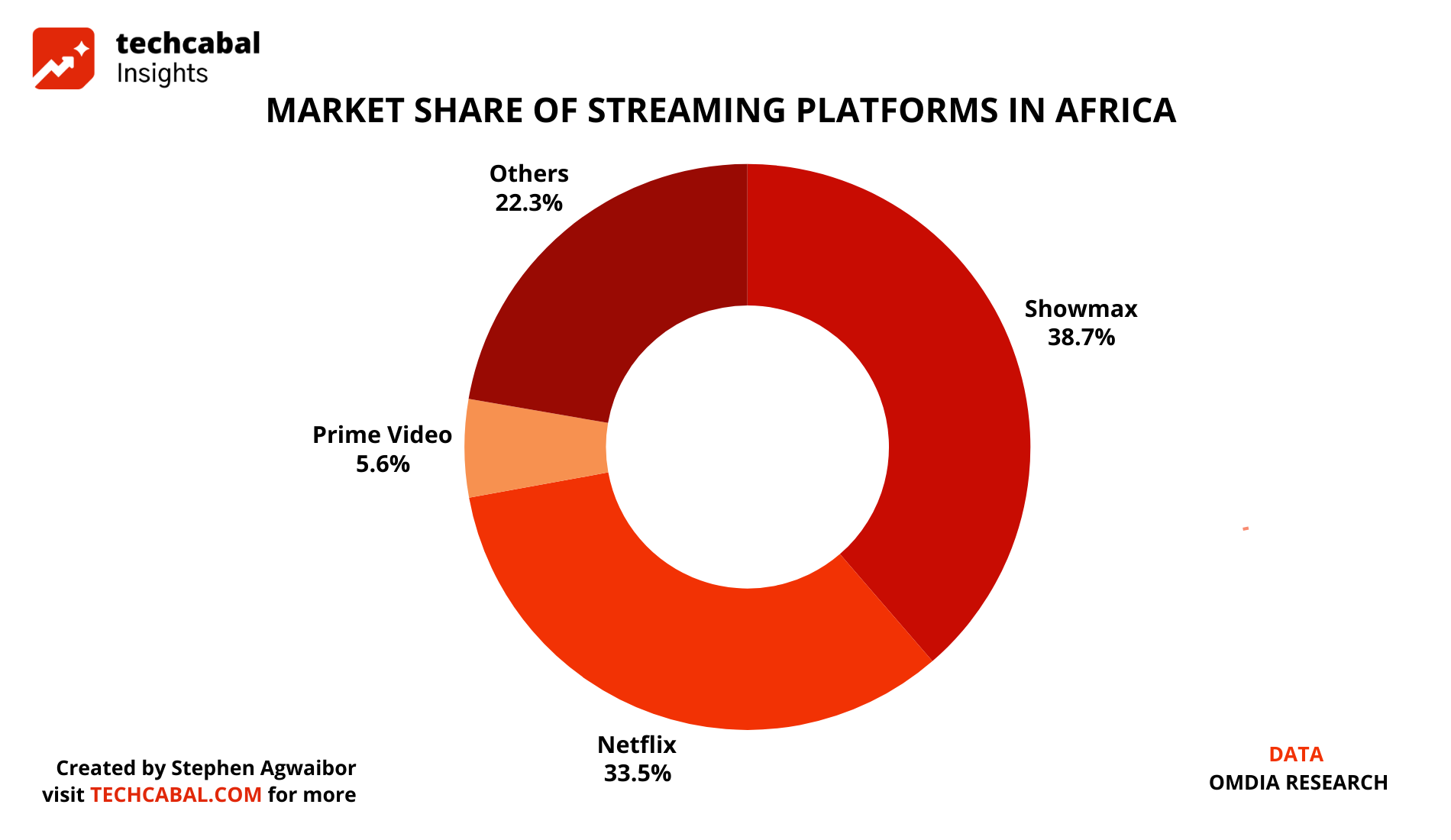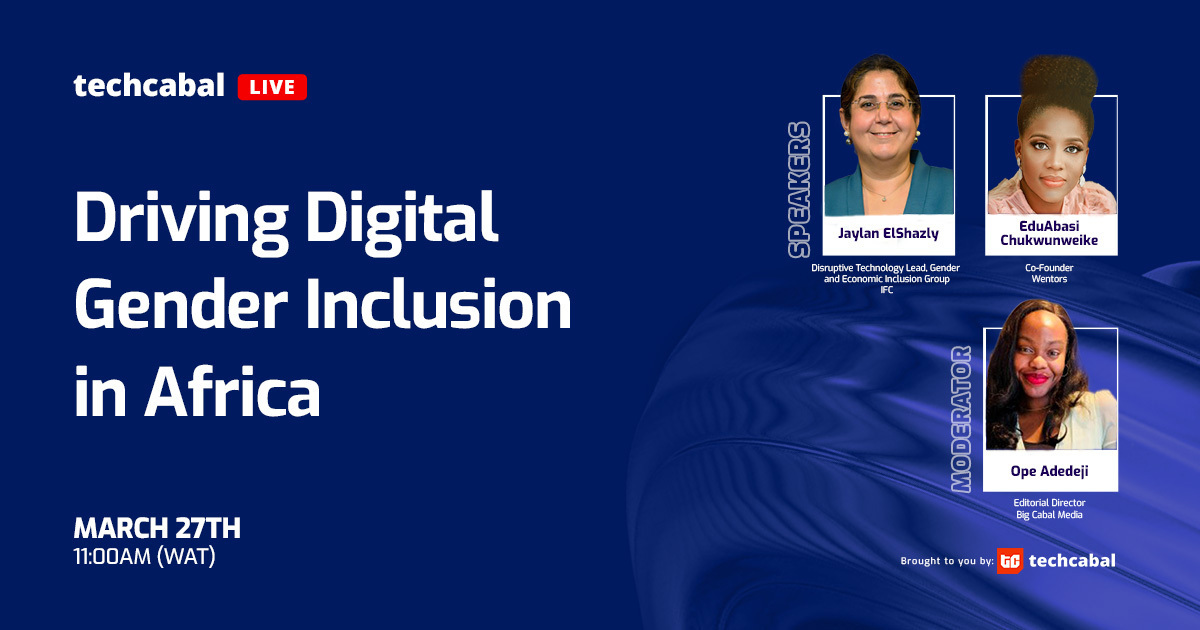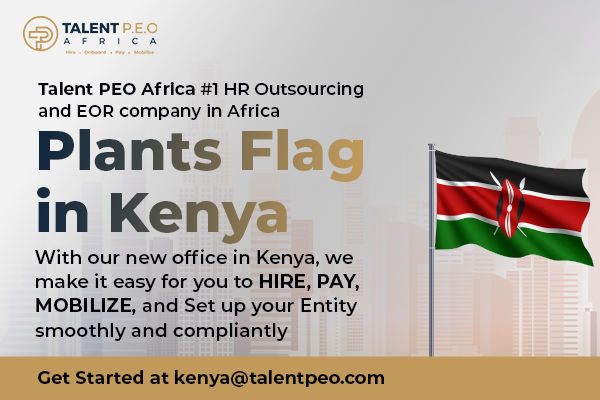
First Published 24 March, 2024
2024 is shaping up to be a challenging year for streaming platforms in Africa after Showmax, the continent’s leading video-on-demand platform, revamped to become Showmax 2.0. However, the change runs deeper: following years of negotiations with potential business partners that saw NBCUniversal pump $177 million into the platform, Showmax secured additional collaborations, including HBO and Sky. Its streaming technology has received a boost and is now leveraging Peacock’s technology. The company has also set higher ambitions to reach 50 million subscribers within five years. However, has it set such a high target and neglected the basics?
As of November 2023, Showmax recorded 2.1 million subscribers in Africa. Its main rival, Netflix, saw a decline in subscribers, dropping to 1.8 million from the 2.6 million it registered two years earlier. This means that Showmax now claims the title of Africa’s premier streaming service with a market share of 38.7%, while Netflix comes in second at 33.5%. Amazon Prime Video picks the third position with a 5.6% market share and 300,000 subscribers. Prime Video, however, seems to have shifted its focus away from the African and Middle Eastern markets, suspending the production of original shows in the region to concentrate on Western markets.

Market share of streaming platforms in Africa
Showmax’s upper hand
With these numbers, it is clear that Showmax, partly owned by MultiChoice, is doing something right. Its biggest advantage lies in its grasp of local culture and preferences. This has enabled Showmax to understand Africa’s diverse cultures, languages, and tastes. Such understanding is essential for selecting content that appeals to local viewers, including culturally-significant shows, films, and original productions. For instance, Showmax tailors its campaigns and promotions in countries like Kenya using local languages such as Swahili and Sheng’. Some of its local productions are aired in Swahili.
Next Wave continues after this ad.
Besides uniquely tailoring its content catalogue to suit African viewers’ tastes and interests through local languages, regional talent, and relevant themes, the platform also produces original African content, such as locally-made films and series, including multiple editions of The Real Housewives reality shows in Kenya, Nigeria, and South Africa, attracting a broader audience.
These advantages, among many others that have not been mentioned, are why people pay for Showmax. Yet, Showmax can still do more.
Next Wave continues after this ad.
Just fix the basics
After axing Showmax Pro, which allowed subscribers to watch live games on their devices, Showmax 2.0 should have found a better way to allow customers to at least watch the Premier League (it is only available on mobile) on big screens. Yet, this is not supported now.
Showmax Premier League (mobile) is a stripped-down version of what Showmax Pro once offered. As the name suggests, it exclusively airs English Premier League matches, skipping live matches from other leading leagues such as La Liga and Serie A. This is what made Showmax Pro so attractive.
Why?
Besides using direct screen mirroring methods like Miracast or a type-C-to-HDMI adaptor for a cable connection, there’s currently no way to mirror your mobile screen to a TV while using Showmax. This technical issue is due to Showmax’s digital rights management (DRM) protocols. It is an inconvenience that contradicts the purpose of paying for a streaming service, as users expect seamless access to content. However, this restriction is a deliberate tactic to separate Showmax from DStv Stream, a digital version of the traditional DStv service with a robust games catalogue.
Showmax also needs to increase the number of concurrent screens from two to more; at KES 1,000 (about $8), customers should be able to view content on more screens simultaneously, considering that rivals offer support for up to four screens for nearly the same price.
During the FIFA World Cup 2022, Showmax supported 4K streams , showing its capability to deliver high-quality content and streams. While Showmax 1.0 was limited to HD quality, the upgrade to 2.0 has boosted this to full HD. This is a welcome improvement, but in modern times, 1080p is inadequate and customers expect better because its underlying Peacock tech supports 4K streams in other markers.
The transition to Showmax 2.0 has also been accompanied by multiple technical issues. Customers encountered issues accessing the new Showmax app on their TVs, while others experienced difficulties signing into their accounts. Those who managed to log in reported performance issues, including instances where the app froze for a long time. Customers in countries such as Kenya complained about the inability to pay for subscriptions via mobile money (Showmax assured them that this issue would be addressed soon). The migration process was not smooth and could have been handled better.
These are challenges that Showmax can overcome given its talented workforce, financial resources, and passion, having established itself in a highly competitive market. For now, we have our fingers crossed!
Kenn Abuya
Senior Reporter, TechCabal
Thank you for reading this far. Feel free to email kenn[at]bigcabal.com, with your thoughts about this edition of NextWave. Or just click reply to share your thoughts and feedback.
We’d love to hear from you
Psst! Down here!
Thanks for reading today’s Next Wave. Please share. Or subscribe if someone shared it to you here for free to get fresh perspectives on the progress of digital innovation in Africa every Sunday.
As always feel free to email a reply or response to this essay. I enjoy reading those emails a lot.
TC Daily newsletter is out daily (Mon – Fri) brief of all the technology and business stories you need to know. Get it in your inbox each weekday at 7 AM (WAT).
Follow TechCabal on Twitter, Instagram, Facebook, and LinkedIn to stay engaged in our real-time conversations on tech and innovation in Africa.



























